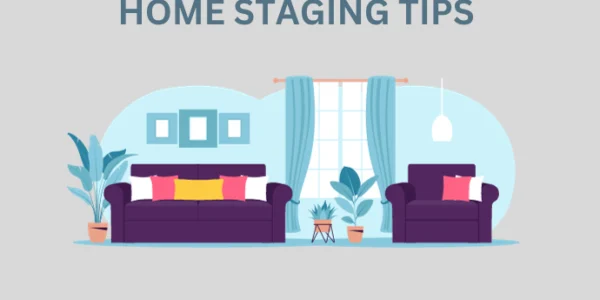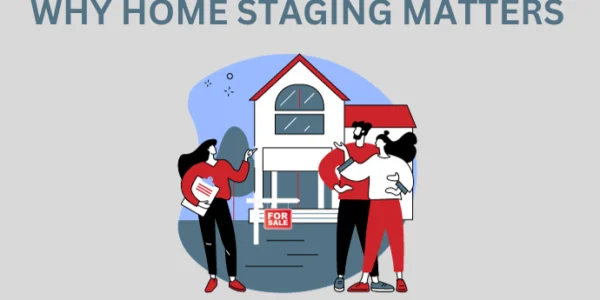A foreclosure can be devastating; however, you can become a homeowner again.
In fact, the so-called “boomerang buyers” – former homeowners who lost their homes to foreclosure or short sale during the housing crash — are starting to step back into the ring and buy homes again.
Seven year itch
Last year, the first “wave” of the 7.3 million homeowners who lost their homes between 2007 and 2014 passed the critical “seven-year period” that’s often necessary to fix credit and qualify to purchase a new home, according to RealtyTrac.
During the next seven years, more potential boomerang buyers will be eligible to purchase homes again — from a credit repair standpoint — which is expected to propel demand in the housing market.
“Having a foreclosure, bankruptcy or short sale hit their credit and did some damage, so it’s about reestablishing credit and waiting out that time period to buy again,” said Rob Mehta, director of strategic planning, business development, and initiatives at Coldwell Banker Burnet’s Twin Cities, Minnesota office.
“We’re definitely seeing those folks reentering the market and wanting to purchase again because they don’t want to rent; that’s not their long-term goal. They want to own again. They want equity,” Mehta said.

Fading stigma
What came out of the housing crisis was the fact that even the most responsible people can sometimes face foreclosure.
“There were situations out of the homeowners’ control,” Mehta said. “Their adjustable rate mortgage adjusted up and there was a job loss or some situation that caused them to go down that path where they lost the property or were advised to let it go. It was acceptable to sometimes negotiate your way out or let the bank have the property and move on, especially if you were upside down.”
Many lenders are willing to look beyond a foreclosure, but reestablishing your credit rating and waiting a certain length of time before applying for a mortgage loan are essential.
Looking to jump back in the housing market post-foreclosure? Follow these tips.
1.Research waiting periods
Every type of mortgage loan requires a waiting period before you can apply after a foreclosure. Also, be aware that waiting periods don’t start until the foreclosure is completed–not when you move out of the house or return the keys to the bank.
Some loan types allow for shorter waiting periods for something called an “extenuating circumstance,” which is basically a situation that was beyond your control, like a death or medical emergency. The loan underwriter reviews the circumstances and decides if you qualify.
Below is a summary of loan types and typical waiting periods:
- Conventional loans backed by Fannie Mae or Freddie Mac require the longest waiting period: seven years from completion of the foreclosure. These loans may also have stricter credit and debt-to-income requirements.
- FHA Loans have a standard waiting period of three years. FHA loans typically offer lower interest rates than conventional loans and are generally easier to qualify for.
- VA Loans have a two-year waiting period. To apply, you or your spouse must be a veteran or currently serving in the U.S. military.
- Jumbo loans, mortgages of more than $417,000 have a waiting period of seven years.

“FHA loans are typically thought of for folks with credit difficulties or an entry-level loan for those who haven’t established credit,” explained Jim Pomposelli, vice president of residential lending at Perl Mortgage, Inc., in Chicago.
Pomposelli said FHA loans are much more forgiving, but it’s a much more expensive product as far as higher mortgage insurance and it has limits on the dollar amount. Still, obtaining a mortgage with a foreclosure on the record is still a challenge.
“What I’m seeing is, forget it if you’ve had a foreclosure,” Pomposelli said. “I was working with one client who just started a foreclosure. It never actually went all the way through, but it didn’t matter. Just the mere existence of the foreclosure basically kicked them out of being able to get the loan.”
2. Shop Around
There are thousands of options when looking for a mortgage lender, including local banks, credit unions and national online mortgage lenders, so it’s wise to shop around to find the loan that’s right for you. Also, each lender has its own approach to underwriting.
“Reach out to your lender or bank and figure out what mortgage products are available,” Mehta said, “There are a lot of options for the consumer.”

3. Clean up your credit
To reestablish your credit, pay your bills on time, don’t max out your credit cards, and don’t take on significant new debt after your foreclosure. Hold off on applying for other financing, like car loans or furniture financing.
“If you have a foreclosure, you have to have perfect credit from thereafter,” Pomposelli said.
Any additional dings on your credit record, even late bill payments, can keep you from getting a new mortgage.
“It might have been something big in your life that happened and this is America and we forgive, but as my football coach used to say, ‘First time shame on you, second time shame on me.’ If you had a difficulty, and after it was cleared away you demonstrate that you can’t handle credit, they’re not going to give you more access,” Pomposelli said.
Bottomline
However, the bottom line is you can get a mortgage loan again if you understand the waiting periods, clean up your credit and improve your financial situation.
“It might not be as soon as you like, but all things considered, you can get into a home probably with a decent rate at a decent price in a reasonable amount of time,” Pomposelli said. “You just gotta buckle down and grin and bear it until you can get through some of this, but the system itself is pretty forgiving.”





